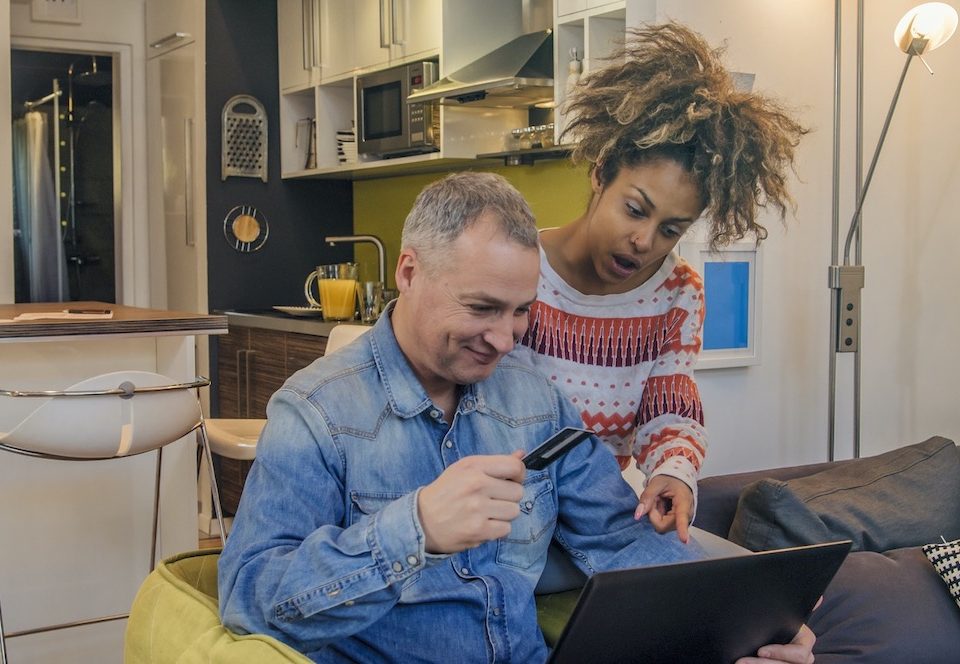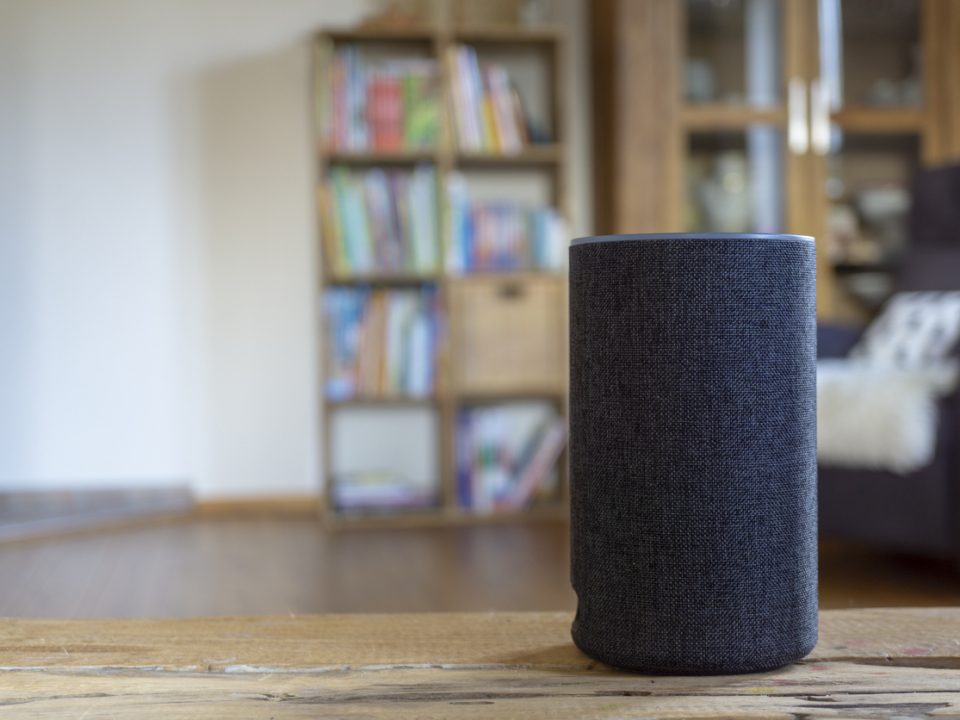
Cutting corners with technology doesn’t pay
September 30, 2016
Is smart home technology for you?
December 11, 2016As technology is constantly evolving, it is key to continue to learn and stay up on the latest and greatest. This is also true when it comes to online safety. Security concerns change all of the time, and what it is to be safe online is constantly evolving.
When the online world first emerged, the software and tools we used were primitive compared to today’s methods. AOL was the only place you could get an email account and creating passwords was archaic, simple, and we regularly used the same passwords. Our online activity was significantly less involved and less frequent. Hence the danger or the potential exposure to risk was not the same as it is today.
Security company Kaspersky Lab recently did a study of people aged 55 and older who regularly use the Internet. Among other things the study revealed that 86 percent of these users do not believe they could be the target of any cyber criminality or other online attacks. Does this notion of invulnerability come from a false sense of security or a belief that you are invisible online?
Either way, the feeling of being sheltered or secure is misplaced. The risk of security breaches, malware threatening data (pictures, Quicken/Quickbooks), and password cracking exists if you use the internet and buy anything online, use online banking, or pay bills through apps or websites.
In this day and age, it is better to err on the side of caution when it comes to cybersecurity. Make sure you are doing everything you can to protect yourself online.
Six tips to help keep you safe online
- Keep operating systems, browsers and anti-virus software update-to-date.
- Never click a link or open attachments within an email from someone you do not directly know, or that you are not sure came from your friend.
- Make sure your passwords are strong (i.e. they are not words in the dictionary or things that can be “Googled” about you) and don’t repeat the use of the same password for all of your accounts. There are password manager apps, such as 1Password and Last Pass, that can help you manage your passwords.
- Don’t use public Wi-Fi without a VPN.
- Always have a passcode on your devices, especially your smartphones and tablets.
- Review privacy settings on all of your social media accounts.
As technology becomes more integrated into our everyday life, there greater the opportunity for hackers to access valuable information about you that can wreak havoc on your life. Don’t take any chances and remember: it can happen to anyone!






